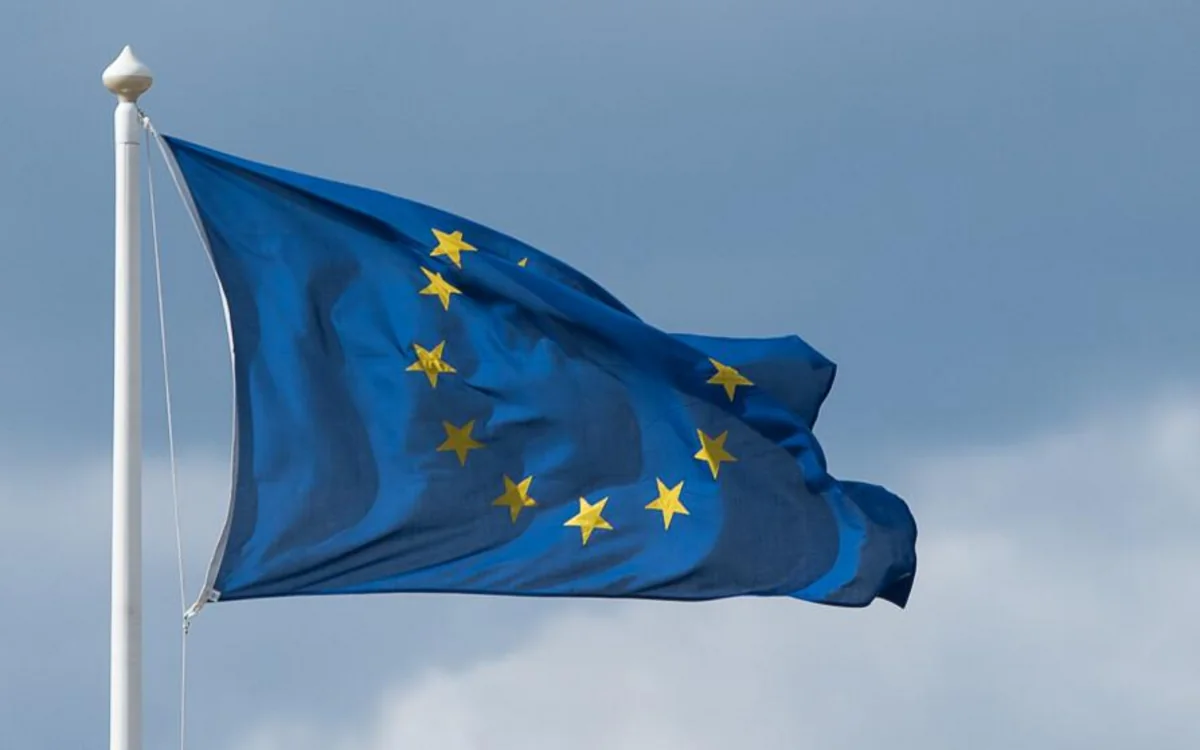EU reaches agreement on reforming fiscal rules
- 10 February, 2024
- 13:01

The Council and European Parliament negotiators have reached a provisional political agreement on the proposed reform of the EU’s economic governance framework, Report informs referring to the European Council website.
The main objective of the reform is to ensure sound and sustainable public finances, while promoting sustainable and inclusive growth in all member states through reforms and investment.
The Council and Parliament agreed to maintain the reform’s overall objective of reducing debt ratios and deficits in a gradual, realistic, sustained and growth-friendly manner while protecting reforms and investment in strategic areas such as digital, green, social or defense. At the same time, the new framework will provide appropriate room for counter-cyclical policies and address macroeconomic imbalances.
The agreement also maintains the obligation for member states to submit national medium-term fiscal structural plans.
The Commission will submit a ‘reference trajectory’ to member states where government debt exceeds the 60% of gross domestic product (GDP) or where the government deficit exceeds the 3% of GDP. The provisional agreement provides for an optional and factual pre-dialogue between the member states and the Commission beforehand.
The new rules will further encourage structural reforms and public investments for sustainability and growth. Member states will be allowed to ask for an extension of the four-year fiscal adjustment period to maximum seven years, if they carry out certain reforms and investments that improve resilience and growth potential and support fiscal sustainability and address common priorities of the EU. These include achieving a fair, green and digital transition, ensuring energy security, strengthening social and economic resilience and, where necessary, the build-up of defense capabilities.
